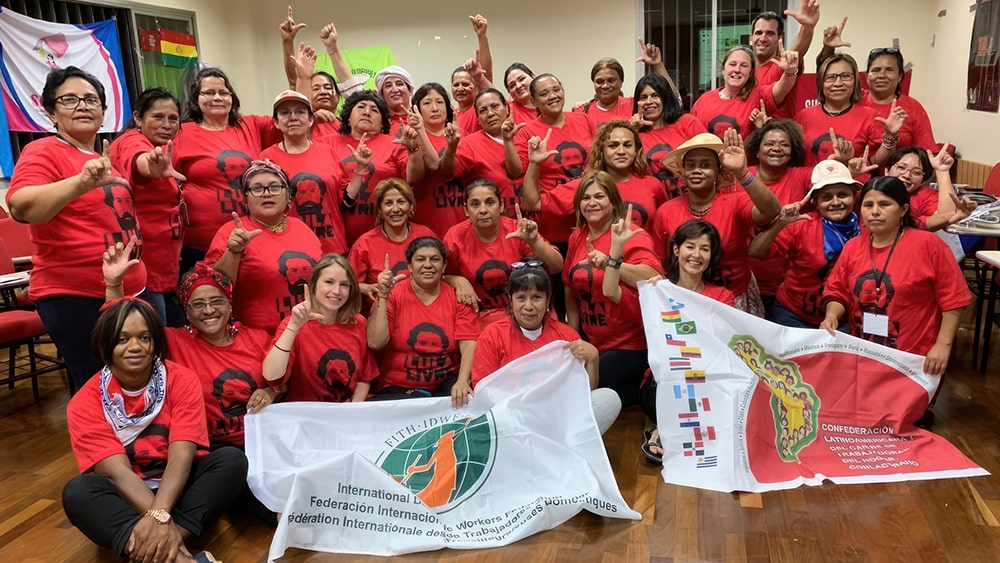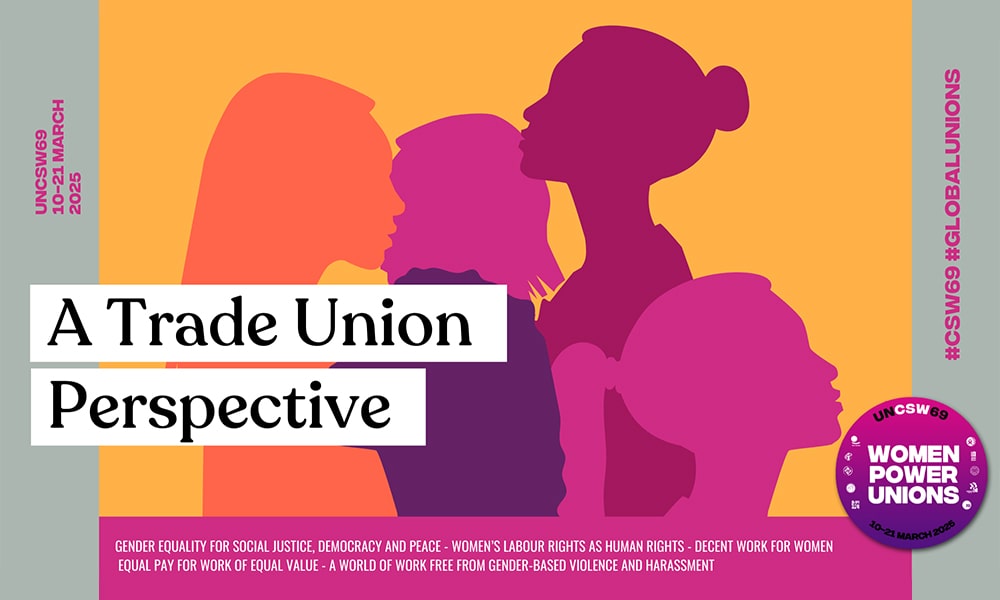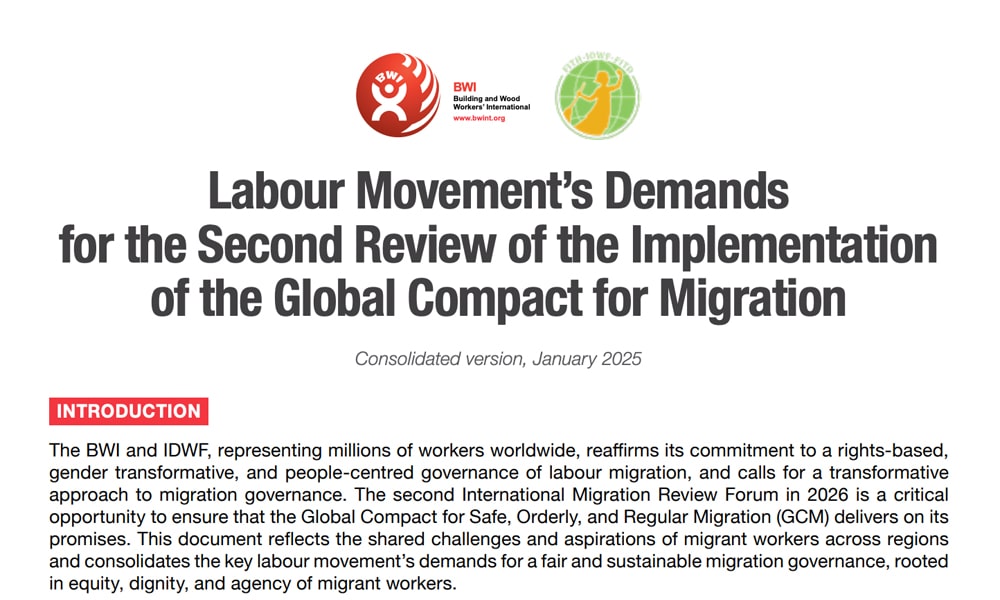
On March 30th, emotions and pride converge as we commemorate the achievements made by the domestic workers’ movement. With awareness of class, race, and gender, this movement has tirelessly advocated for the full recognition of their human and labor rights, enshrined in International Labor Organization (ILO) Convention No. 189. This convention serves as a cornerstone for our union struggle, signaling the importance of recognizing domestic work as a fundamental pillar in sustaining economies and livelihoods.
Today, we recognize and celebrate the 36 years of foundation and uninterrupted work of the Latin American and Caribbean Confederation of Domestic Workers (CONLACTRAHO). We share with our sisters the identity and pride of being domestic workers, and we endeavor to strengthen the labor movement in unity, empowering us to be more influential and effective in our efforts.
Furthermore, the International Domestic Workers Federation (IDWF) extends its committed solidarity to each of our comrades, with whom we daily strive to fulfill our global, regional, and national union agendas. We reaffirm our commitment to securing decent work and social protection for domestic workers, as well as the recognition of their role in caregiving and their legitimate right to care and receive care services for their dependents when they leave their homes to care for others.
However, achieving our union goals remains an uphill battle. Despite being the region with the highest number of ratifications of the aforementioned ILO convention, domestic work in our region remains characterized by high levels of precarity. Many domestic workers endure low incomes that fail to meet their basic needs, perpetuating cycles of poverty.
Moreover, domestic work continues to be predominantly informal, denying workers access to social security and healthcare, further exacerbating gender disparities, and hindering women’s ability to access adequate healthcare and pensions, ultimately contributing to feminized poverty.
Additionally, female domestic workers often face insecurity in their workplaces, particularly in private households, where they are susceptible to various forms of violence and harassment due to the isolated nature of their work.
Migration is another constant challenge faced by governments, necessitating inclusive policies to ensure the safety of migrant women predominantly employed as domestic workers. It is imperative to strengthen cultural diversity and implement protective measures to detect and punish human trafficking, forced labor, child labor, or any form of exploitation.
Finally, we are committed to ensuring that IDWF leads global discussions on caregiving as a right guaranteed by domestic workers and one that we must also exercise. Our aim is to highlight that we not only provide essential care but also deserve to receive care. Therefore, IDWF’s efforts will focus on developing a regional consensus on caregiving that will enable us to subsequently pursue our national agendas and participate strategically in our countries’ processes under a common goal as domestic workers worldwide.
With the strength inspired by your stories of struggle, we grow in unity as an organization. On this day, we commemorate with significance.
LONG LIVE THE DOMESTIC WORKERS OF THE WORLD!
LONG LIVE THE DOMESTIC WORKERS OF LATIN AMERICA!
LONG LIVE OUR COMRADES OF THE CONLACTRAHO STRUGGLE!
CARMEN BRITEZ
President
Executive Committee
International Domestic Workers Federation
RUTH DÍAZ MEDRANO
Latin America’s Representative
Executive Committee
International Domestic Workers Federation
CECILIA TELLO GUERRERO
Regional Coordinator for Latin America
International Domestic Workers Federation






